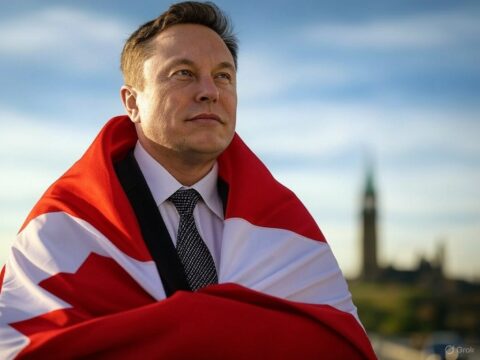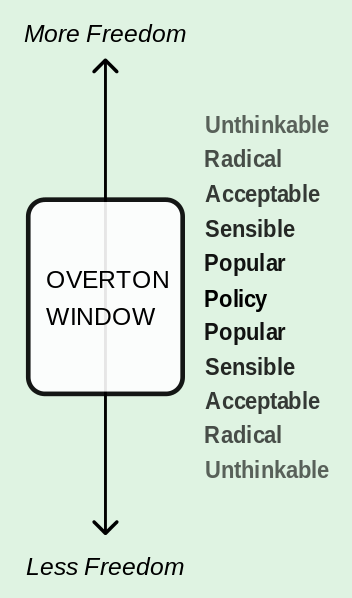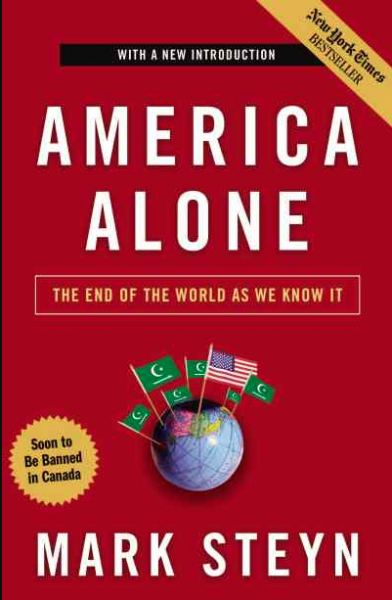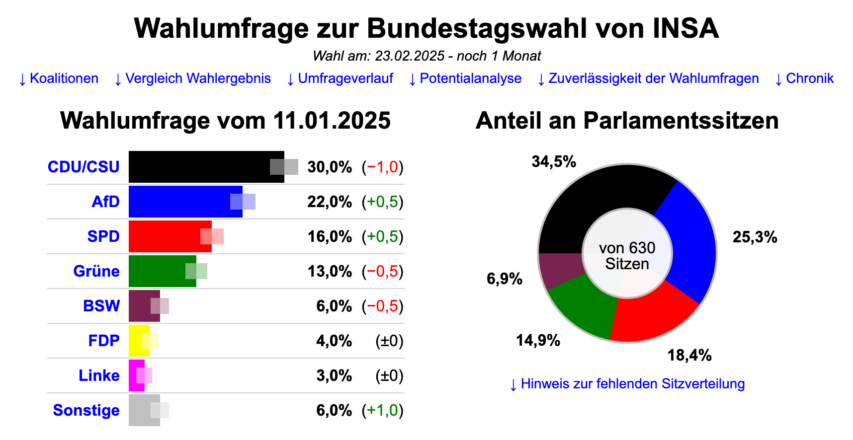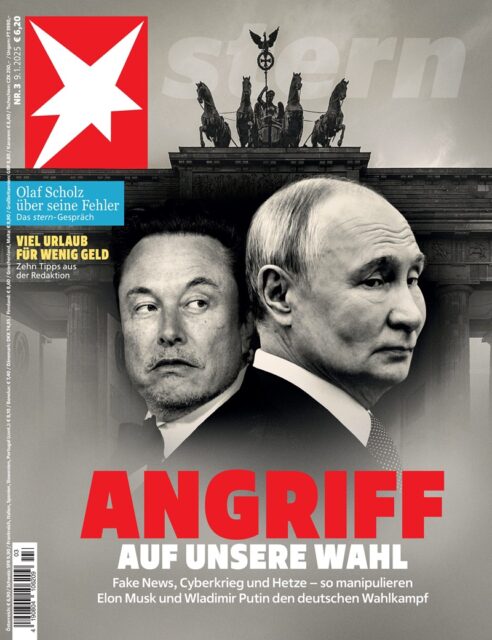It’s not just Canadian politicians getting driven completely insane by the Bad Orange Man’s antics — he’s even doing it to his domestic opponents in the Democratic party as well:

“REMINDER: It Is Offensive And Possibly Illegal To Photoshop Anything On These Democrats’ Signs That Would Make Them Look Foolish.
The Babylon Bee.
Kansas City Star:
Democrats Suffer Blow Ahead of Senate Elections
It’s a goddamn slide show, but as it might be amusing I shall wade in. The things I do for you people …
Sen. Jeanne Shaheen’s retirement is expected to significantly impact the Democratic Party’s prospects for the upcoming Senate elections, amplifying pressure on Senate Minority Leader Chuck Schumer (D-NY). The party’s challenges ahead have heightened with the departures of Sen. Gary Peters (D-MI) and Sen. Tina Smith (D-MN). Democrats must regain four seats to reclaim the majority.
It sure looks like the Donks are planning to get clobbered in 2026. Or, more likely, they anticipate a series of bruising primary fights as the old grift-and-grin Democrats are challenged by True Believers, because as HGG has taught us — credit where it’s due — SJWs always double down. Batshit insanity is the hill they’ve chosen to die on — Trump keeps handing them 80/20 issues, and they keep jumping on the 20 with both feet.
CNN’s Chris Cillizza recently noted the Party’s challenges in the upcoming Senate elections. With the need for a net gain of four seats, Cillizza expressed concern over potential financial limitations that may hinder effective campaigning.
Yes. “Financial limitations”. Democrat donors are stupid — if they weren’t, they wouldn’t be Democrats — but even they can see that 80 is way, way bigger than 20.
Oh, and also: It doesn’t help that you’re openly, gleefully endorsing no-shit terrorism against Tesla dealerships — and drivers! — calling for Musk’s assassination, and so on. It’s a bad look in general, and a bad look in particular, because now the guys with the big checkbooks are wondering if that kind of thing won’t happen to them if they get crosswise with the most lunatic members of the lunatic fringe (hint: It will. As the scorpion said to the frog: can’t be ‘elped, mate, it’s me nature).
Cillizza said, “The money that gets spent there playing defense, just to hold Democratic seats, means money that doesn’t get spent playing offense in, let’s say, a state like Ohio, where Democrats are trying to recruit Sherrod Brown, the former senator, to take on John Huston, the appointed Republican senator.”
Yes, a dwindling asset pool forces those kinds of choices. It also doesn’t help that you keep going back to the well like that. One assumes there’s a reason Sherrod Brown is a former senator. Do you have no one else?
Haha, just kidding, obviously you don’t have anyone else. That’s one of the biggest problems with gerontocracy — the Groovy Fossils are going to have to be carried out at room temperature, so anyone with anything on the ball has been giving Government a pass since the 1980s. Trump went around the Official GOP for lots of reasons, but not the least of them was: he had to. They have the same gerontocracy problem as the other side of the Uniparty. It’s turtles all the way down.
Cillizza concluded, “I just do not see it. I don’t see the money there. I don’t see the energy there. I don’t see the candidates there to expand the playing field”.
It won’t be for lack of trying, though. You’ve still got The Media in your pocket, and they can still do some damage. You’ll never get to the 80 side of those 80/20 issues, but you might get it to 50/50 — as has been done with abortion, gay “marriage”, and so on. On the other hand, those took 40, 50 years, and The Media hadn’t totally pissed away all its credibility back then. It’s a real corner you’ve backed yourselves into,
guysgalspersyns.It also doesn’t help that you’re stupid:
Democrats have identified potential pickup opportunities in Maine and North Carolina, targeting Sen. Susan Collins (R-ME) and Sen. Thom Tillis (R-NC).
Holy breakdancing Buddha, why would you target them? Thom Tillis is the very definition of “RINO”; Collins is a Leftist, full stop. The next time they vote against the Democrats on any issue of substance will be the first time they’ve ever done it. It’s as predictable as sunrise, so much so that it’s a joke to anyone right of Mao — the GOP officially has X number of seats, minus Collins and Murkowski.
Vulnerabilities among current incumbents, especially Sen. Jon Ossoff (D-GA), have added to the party’s challenges.
Oh, don’t worry about it — the GOP will find some way to throw it. Georgia, Georgia … hey, what’s Herschel Walker up to these days? Think he’s up for another run? Why not parachute in Alan Keyes or Ben Carson? They’re still alive, right? What about “Nikki” “Haley”? She’s gotta keep her arm loose for the 2028 primaries …
Some Democrats have remained optimistic despite the hurdles. Discussions have included potential candidates such as Rep. Haley Stevens (D-MI) and State Sen. Mallory McMorrow (D-MI) for key races. New Hampshire Democrats have prepared for competitive primaries, with Rep. Chris Pappas (D-NH) considering a bid for Shaheen’s seat.
As we know, when it comes to crime 13 does 50. When it comes to Leftism, though, it’s more like 20 does 100, and there’s no better illustration than New Hampshire. It should be the reddest state in the union, and people who live there tell me it really is… except for their Congresscritters, because the good people of New Hampshire didn’t shoot every Masshole they could catch. The fine folks in Oregon, Colorado, and (soon enough) Texas know what I mean — y’all didn’t introduce migrating Californians to wood chippers when you had the chance.


